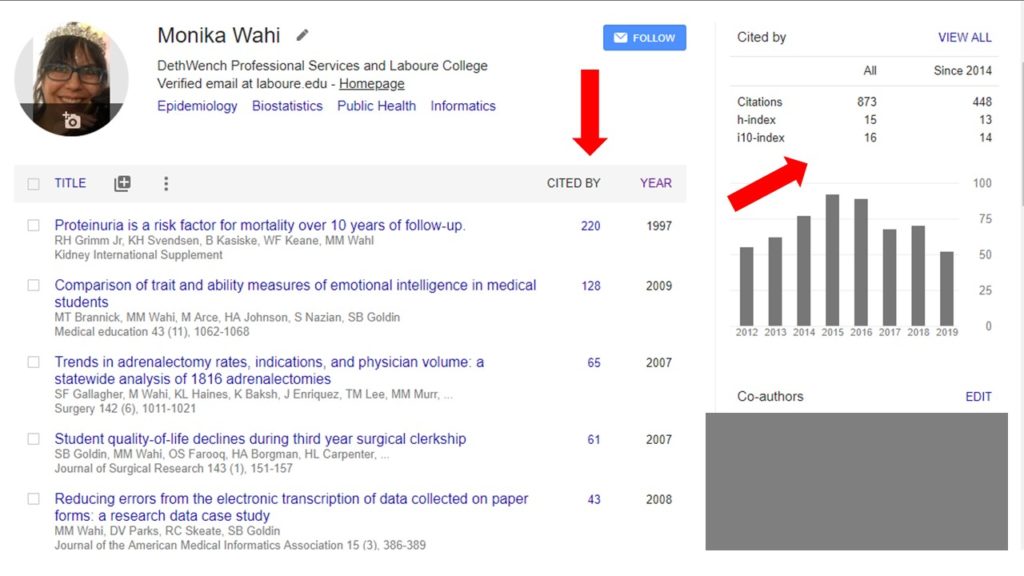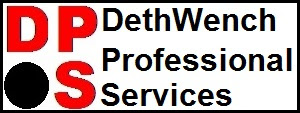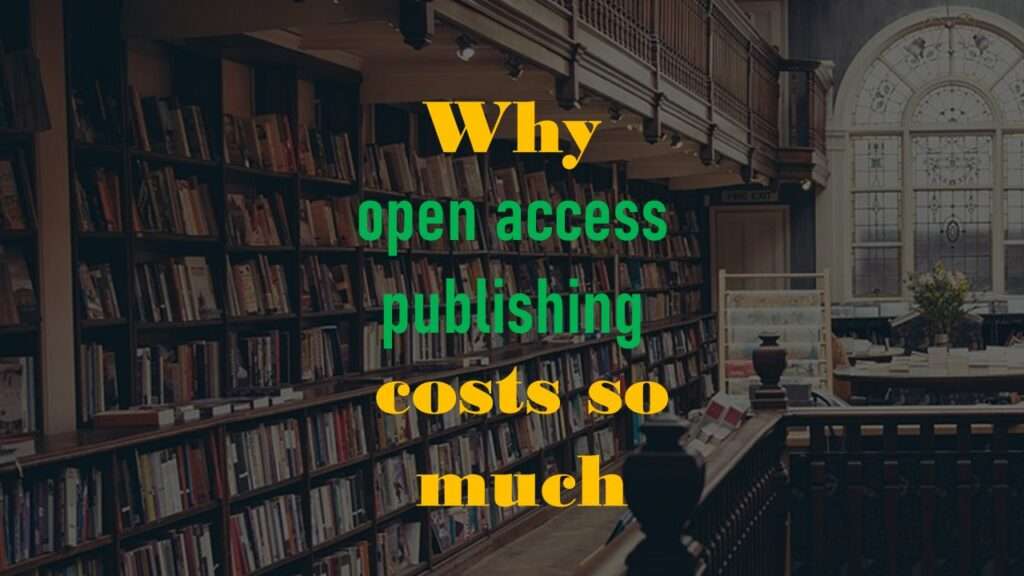I can easily tell you what open access publishing is – but then the first question you will ask is, “How did it get this way?” I will NOT be covering this belabored history of open access publishing in this blog post, but I encourage you to read this article in Nature to get a feel for it.
Finding Open Access Papers on the Web
When you go to publish in a scientific, peer-reviewed journal, you’ll often notice that there is a cost. Actually, there are usually a variety of costs, depending on what type of article you are publishing (editorial, original research). Some journals have no cost, but that is getting rare. NOTE: You do not need to actually pay them until your paper is accepted for publication.
In the olden days, these costs were just related to journal processing. But you may have noticed that when you search for journal articles on the web, you can get PDFs of some for free on the web, but not others. If you want to know how to do that using Google Scholar, here’s my demonstration video.
If you want people to be able to find your article free on the web like I show in my video, then if you go to a journal that offers open access at an extra charge, you will have to pay that charge in order for your article to be available as a free PDF on the web. Some journals require open access – they are open access journals – so they require you to pay the cost when you publish.
How Open Access Impacts Cost
Some journals allow you to choose “open access” for extra cost, and other require you to pay the cost because they are 100% open access. Lillian Nassi-Calo did a great article on this on Scielo in Perspective where she gave examples of 100% open access journals and hybrid journals and their cost.
Her article is a little old – 2013 – so the costs may have gone up. But then and now, there is still a wide range. Here are a few examples from her research (which I updated to 2023 fees when I updated this blog post).
Open Access Journal Publishing Costs
Journal Title
Publisher
Article Processing Charges
Journal of Medical Case Reports
BioMed Central
$1,585 (up from $960 in 2013)
Archives of Public Health
BioMed Central
$2,590 (up from $1,750 in 2013)
PLoS ONE
Public Library of Science
$1,931 (up from $1,350 in 2013)
PLoS Medicine
Public Library of Science
$6,300 (up from $2,900 in 2013)
Hybrid Journal Publishing Costs
Journal Title
Publisher
Article Processing Charges
Cell Reports
Cell Press
$5,200 (up from $5,000 in 2013)
Nature Communication
Nature Publishing Group
$6,290 (up from $4,900 in 2013)
Physical Review Letters
American Physical Society
$3,750 (up from $2,700 in 2013)
Seriously? It Costs that Much to Publish Open Access?
Yes – even in hybrid journals. If you don’t choose the open access option, you still have to pay, it’s just that no one will be able to download your article when they find it.
This is why I tell people to budget at least $5,000 per paper for publication costs in grants – you really don’t know if the cost will be free, closer to $1,000, or closer to $5,000!
My Advice: You Should Just Pay for Open Access Publishing
Why do I tell poor students and struggling academics just to pay? For this simple reason:
Your article will not get cited if no one can read it!
And yes, it is extortion, but for now, I just say, “Pay the piper!” The reason is that how often your articles are cited actually matters. I did not know that when I first became a scientific author – but I eventually learned.
You will want to track citing articles. One way to do that is to sign up for a profile in Google Scholar (see diagram). Notice where I put the red arrows in the picture. In the arrow pointing down, it shows how you can actually see who cited you, and which of your articles are most popular. The arrow on the right shows how the citations impact your h-index – which is something else you should know about that I did not know about when I started publishing. It is basically like the old Klout score, only for science writers.

How do I Increase Citations to my Scientific Publications?
Try our new app, CitePeeps! Read about it here, and see a demonstration in the video.
Originally posted August 31, 2019. Revised and updated June 16, 2023. Revised banners June 1, 2024.
Learn about our different free and paid services!
If you believe in open source software, then you probably also agree with open source publishing. Why is it so expensive compared to open source software? My blog post has the answers.





